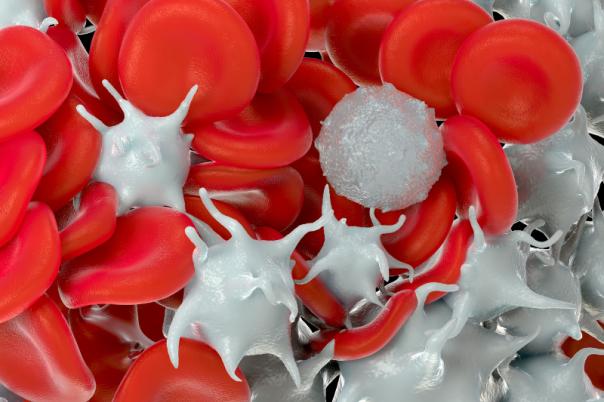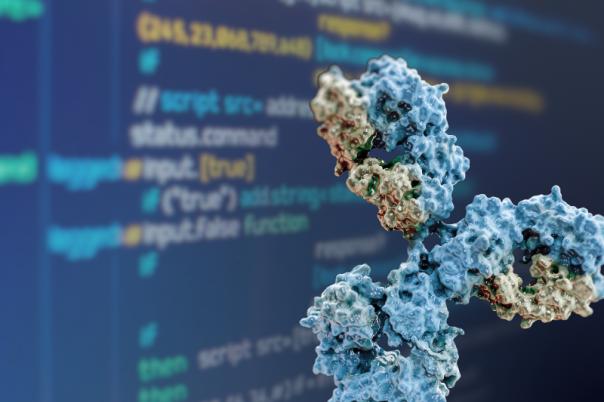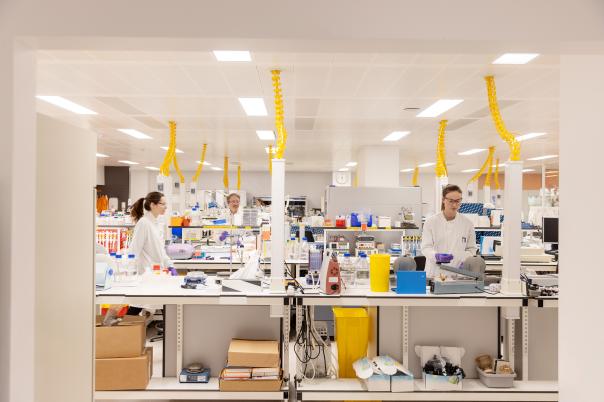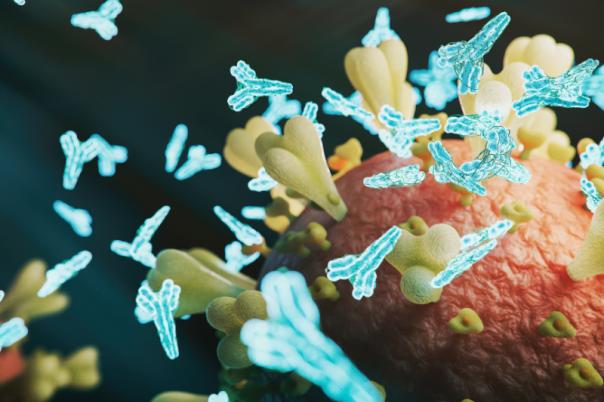Elena Piletska, an Associate Professor in Bioanalytical Chemistry at the University of Leicester’s School of Chemistry, presented developments from the Leicester Biotechnology group over the past four years. Epitopes, sequences of proteins, lipids, or saccharides recognised by antibodies or T/B cells, were highlighted as crucial for antibody production due to their role in immune responses.
The presentation focused on protein epitopes, which make up 96.6% of the database, emphasising their significance in diseases, metabolism, and cellular functions. The group employed molecular imprinting technology to create plastic antibodies by self-assembling functional monomers around a molecule, forming specific binding sites.
Recent advancements in this technology included the creation of nanoparticles with specific binding sites using solid-phase synthesis, offering high specificity and nanomolar affinity. These molecularly imprinted polymers (MIPs) were used for epitope mapping, a method that involved adding a monomeric mixture to proteins, digesting with trypsin, and analysing with mass spectrometry.
A case study on acetylcholinesterase demonstrated the method's success in identifying new epitopes and creating nanoparticles with high activation, indicating potential therapeutic use. The method was also applied to whole cells, identifying various proteins and epitopes for recognising and targeting specific cell lines.
The identification of protein biomarkers in different solutions was another key highlight, with implications for personalised cancer treatment. Piletska envisioned future applications where personalised cancer treatment using MIPs could be administered within three weeks of biopsy, potentially in oral form.
Overall, the presentation underscored the advancements and applications of MIP technology in epitope mapping and targeted therapy, showcasing its potential in personalised medicine and therapeutic development.






